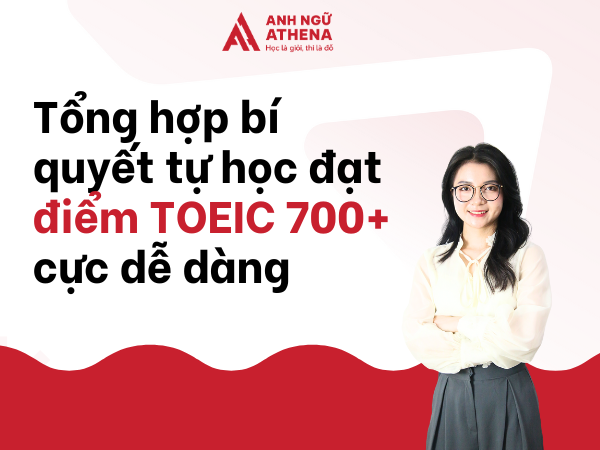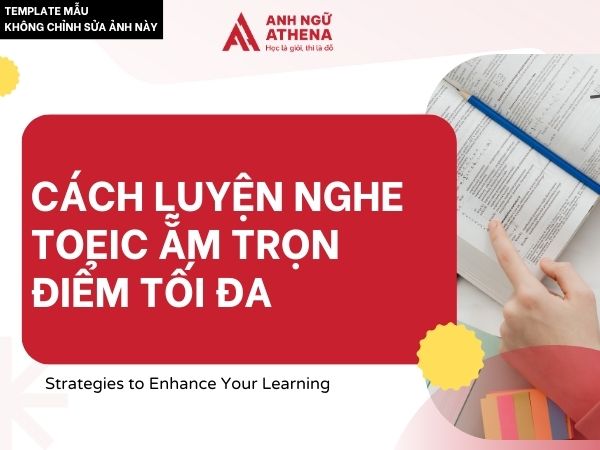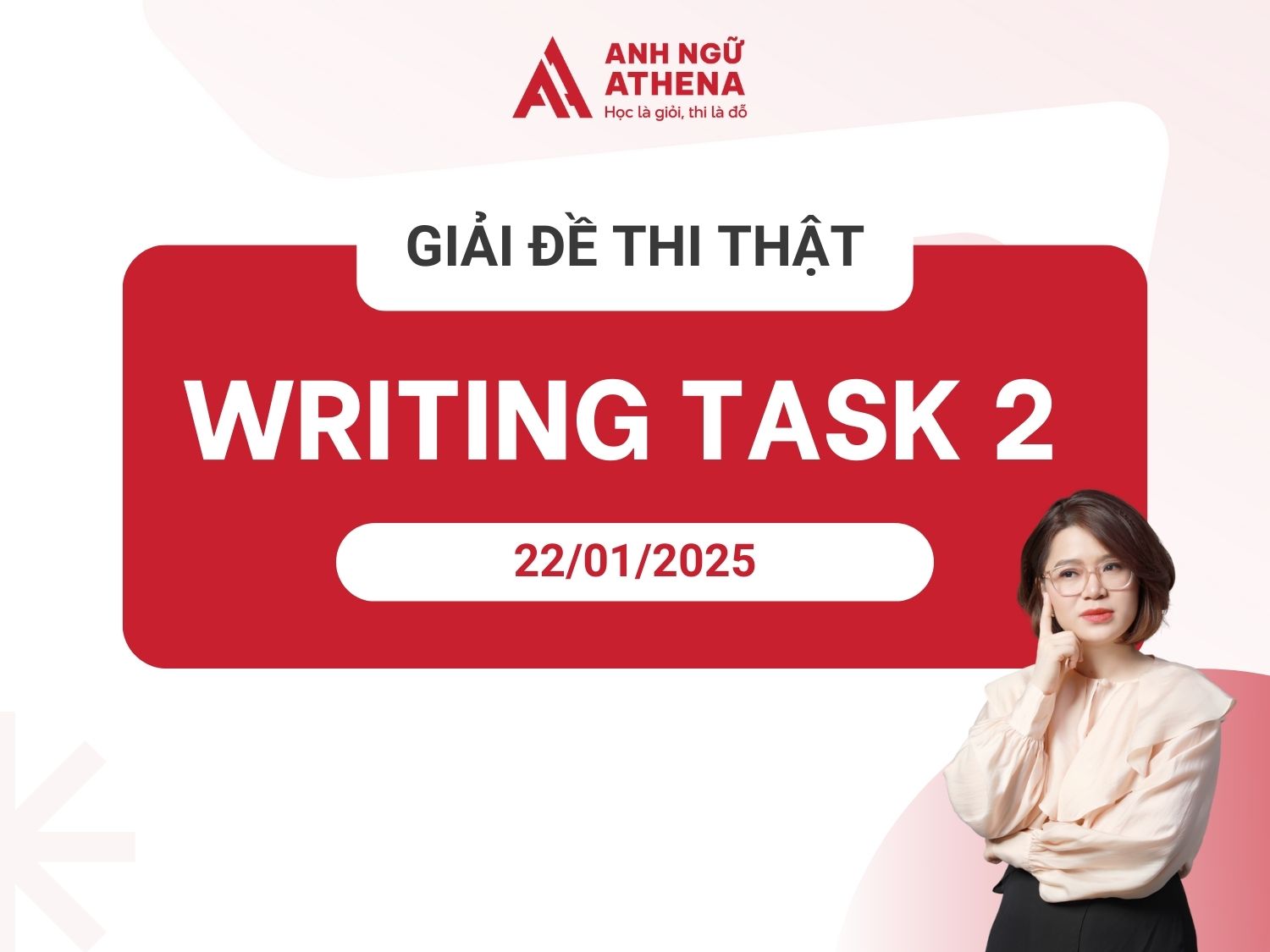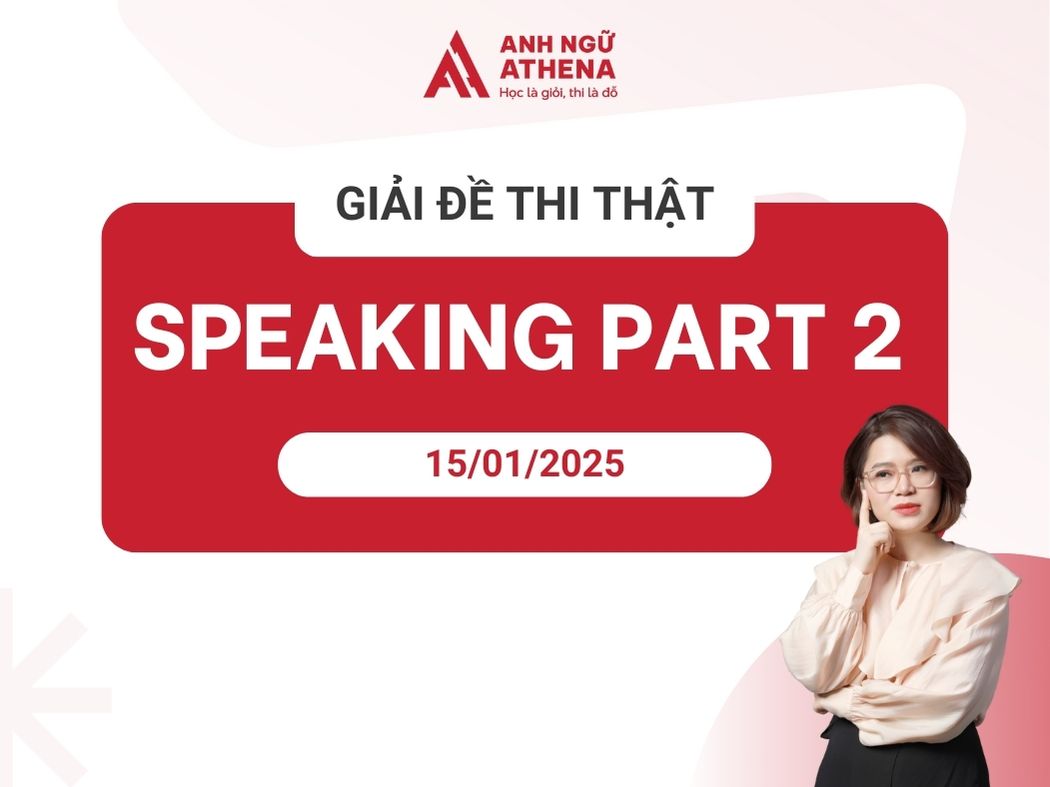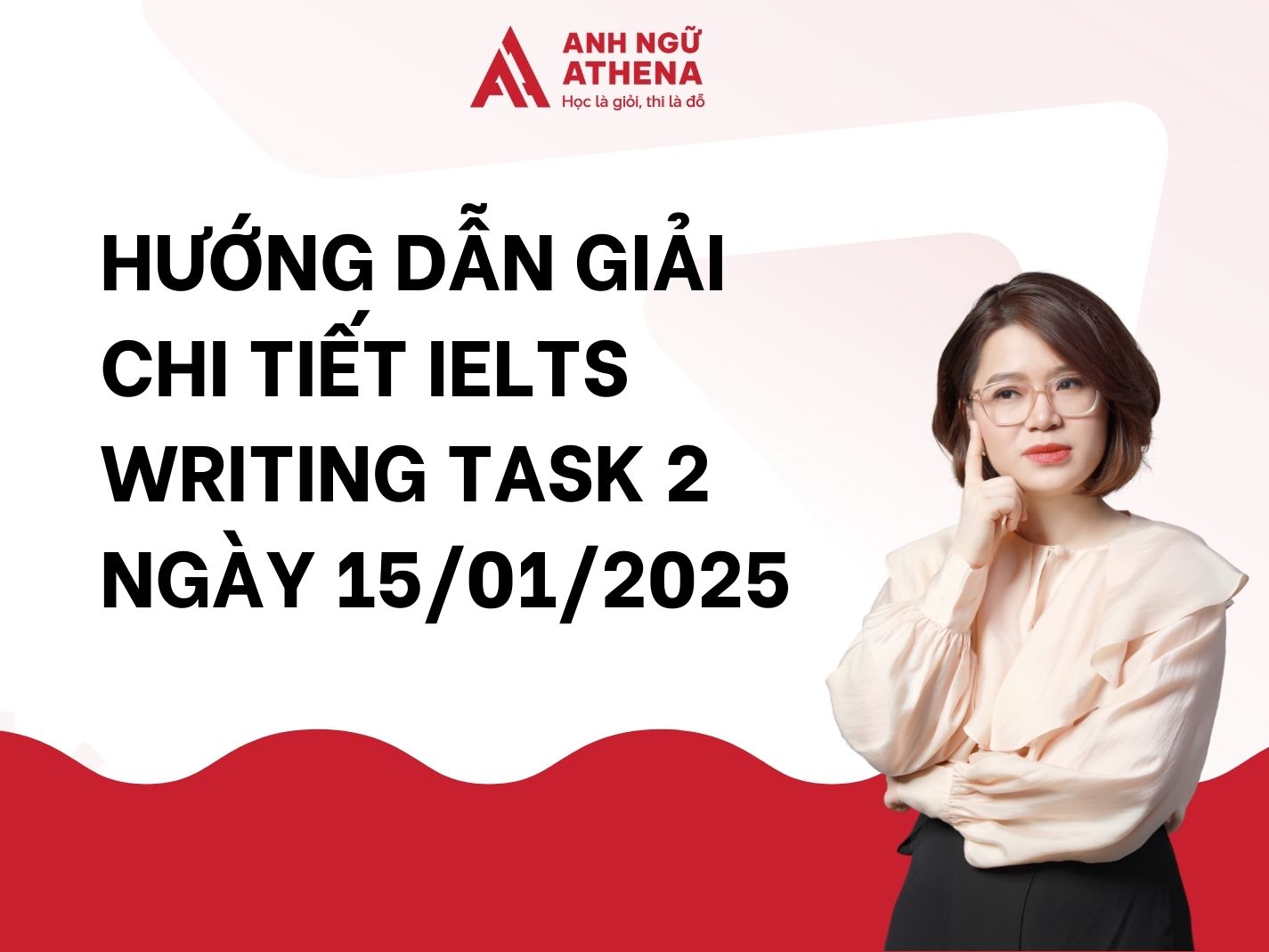Phân tích đề và hướng dẫn giải chi tiết đề IELTS Writing Task 2: In the past, knowledge was primarily contained in books. Nowadays, knowledge is uploaded to the Internet.

Đề bài
In the past, knowledge was primarily contained in books. Nowadays, knowledge is uploaded to the Internet. Do the advantages of this outweigh the disadvantages?
Phân tích đề
Dạng bài
- Discussive/Discuss the advantages and disadvantages of a phenomenon
Keywords
- in the past/knowledge/stored in books/nowadays/uploaded to the Internet.
Yêu cầu đề bài
- Bài chỉ ra một hiện tượng là kiến thức trong thời đại ngày nay hầu hết đều được đăng tải lên mạng Internet, so với hồi xưa là chỉ đọc được trong sách. Bài yêu cầu người viết phải chỉ ra ưu điểm của hiện tượng này có vượt trội hơn so với những nhược điểm mà nó mang lại không.
Brainstorm ideas
The advantages of online knowledge: Accessibility and Convenience
- Information is accessible anytime, anywhere with an internet connection.
- Global reach: Access to knowledge from around the world.
- Vast resources: A vast array of information on various topics.
- Free access: Many online resources are available without cost.
- Real-time updates: Access to the latest information and trends.
- Online communities: Connect with like-minded people for discussions and collaboration.
Disadvantages of online knowledge vs. knowledge learned from books:
- Accuracy and reliability: The credibility of online sources can be questionable, as anyone can publish information online.
- Distractions: Online environments are often filled with distractions that can hinder focus and concentration.
- Dependency on technology: Reliance on internet connectivity and devices can limit access to information.
Dàn bài
Introduction
- Paraphrase the topic
- Briefly present the writer’s viewpoint (Whether the advantages outweigh the disadvantages or not)
Body 1: The advantages of online knowledge
Making knowledge easier to access
- People can get access to online materials at any time, anywhere with an Internet connection
- Rare and pay-gated materials could also be accessed easily
- There is a vast array of information on numerous topics
Foster self-learning
- People can learn skills such as searching and validating information, which are the two most important skills in the Internet of Things era
- People can create knowledge-based communities online to discuss the topics that they are into -> Gain a more diverse perspective on the problem
Body 2: The disadvantages of online knowledge vs. knowledge learned from books
Distractions:
- People are easily diverted from learning, by browsing social networks or other entertainment websites
- Reduce the effectiveness of learning
Dependency of technology: the Achilles’s heel of online knowledge
- Reliance on internet connectivity and devices can limit access to information
- Online knowledge is only available where the Internet infrastructure is strong and modern enough
Conclusion
- Summarize the writer’s arguments
- Restate the writer’s opinion on the phenomenon
Bài mẫu
Comparing approaches to obtaining knowledge between the past and the present, it is readily observable that one can only gain access to information using textbooks in the conventional way. Meanwhile, the modern method only requires learners to have a device that is connected to the Internet, since any available wisdom to date is all to be found on the World Wide Web. While this shift presents both benefits and drawbacks, the advantages of online knowledge appear to outweigh the disadvantages.
One significant drawback of online knowledge compared to book-based learning is the prevalence of distractions. The digital realm is replete with temptations, such as social media and entertainment platforms, that can easily divert learners from their studies. This constant bombardment of virtual stimuli can significantly reduce the effectiveness of learning, as attention spans are fragmented and focus is compromised. Additionally, online knowledge is inherently tied to technology, making it vulnerable to disruptions. The dependency on internet connectivity and devices can limit access to information, particularly in areas with inadequate infrastructure. Therefore, in areas where the Internet network has yet to develop, books remain a primary source of knowledge.
However, such fixable problems are nowhere near the profound impacts of online knowledge on learners around the globe. The advent of the internet has revolutionized knowledge acquisition. Online platforms have made information significantly more accessible. Individuals can now tap into a vast reservoir of knowledge at any time and from any location with an internet connection. Even rare or pay-gated materials can be accessed with relative ease. Moreover, the internet hosts an unparalleled array of information on diverse subjects, catering to various interests and learning styles. This accessibility fosters self-learning as individuals are compelled to develop essential skills such as information searching and evaluation, which are indispensable in today's digital age. Consequently, mankind is able to study better and more actively to quench their thirst for knowledge.
In conclusion, while it is undeniable that books have left a great legacy in the provision of knowledge to everyone in the world, it is visible that online knowledge is taking a huge step to gradually replace traditional materials.
Wordcount: 354 words
Từ vựng
- gain access to information (/ɡeɪn ˈæksɛs tuː ˌɪnfəˈmeɪʃᵊn/) (phrase): truy cập thông tin
- conventional way (/kənˈvɛnʃᵊnᵊl weɪ/) (n): cách thức truyền thống
- book-based learning (/bʊk-beɪst ˈlɜːnɪŋ/) (n): học dựa trên sách
- digital realm (/ˈdɪʤɪtᵊl rɛlm/) (n): thế giới số
- temptations (/tɛmpˈteɪʃᵊnz/) (n): những cám dỗ
- bombardment (/bɒmˈbɑːdmənt/) (n): sự ồ ạt
- virtual stimuli (/ˈvɜːʧuəl ˈstɪmjəlaɪ/) (n): những kích thích ảo
- attention spans (/əˈtɛnʃᵊn spænz/) (n): khoảng chú ý
- fragmented (/ˈfræɡməntɪd/) (adj): bị phân mảnh
- vulnerable to (/ˈvʌlnᵊrəbᵊl tuː/) (phrase): dễ bị tổn thương bởi cái gì
- knowledge acquisition (/ˈnɒlɪʤ ˌækwɪˈzɪʃᵊn/) (n): lĩnh hội kiến thức
- pay-gated materials (/peɪ-ˈɡeɪtɪd məˈtɪəriəlz/) (n): các tài liệu phải trả phí để truy cập
- unparalleled (/ʌnˈpærəlɛld/) (adj): không sánh lại
- tap into (/tæp ˈɪntuː/) (phrasal verb): khai thác
- reservoir (/ˈrɛzəvwɑː/) (n): kho
Dịch bài
So sánh cách tiếp cận kiến thức giữa quá khứ và hiện tại, người ta dễ dàng nhận thấy rằng chỉ có thể tiếp cận thông tin bằng sách giáo khoa theo cách truyền thống. Trong khi đó, phương pháp hiện đại chỉ yêu cầu người học có một thiết bị kết nối internet, vì mọi kiến thức có sẵn đến nay đều có thể tìm thấy trên World Wide Web. Mặc dù sự thay đổi này mang lại cả lợi ích và bất lợi, nhưng những ưu điểm của kiến thức trực tuyến dường như vượt trội hơn những nhược điểm.
Một nhược điểm đáng kể của kiến thức trực tuyến so với học tập dựa trên sách là sự phổ biến của các yếu tố gây phân tâm. Thế giới số đầy rẫy những cám dỗ, chẳng hạn như mạng xã hội và nền tảng giải trí, có thể dễ dàng làm phân tâm người học khỏi việc học tập. Sự ồ ạt liên tục của các kích thích ảo này có thể làm giảm đáng kể hiệu quả học tập, vì thời gian chú ý bị phân mảnh và sự tập trung bị ảnh hưởng. Ngoài ra, kiến thức trực tuyến vốn gắn liền với công nghệ, khiến nó dễ bị ảnh hưởng trước các sự gián đoạn. Sự phụ thuộc vào kết nối internet và thiết bị có thể hạn chế quyền truy cập thông tin, đặc biệt là ở những khu vực có cơ sở hạ tầng không đầy đủ. Do đó, ở những nơi mạng internet chưa phát triển, sách vẫn là nguồn kiến thức chính.
Tuy nhiên, những vấn đề có thể khắc phục này không thể sánh được với những tác động sâu sắc của kiến thức trực tuyến đối với người học trên toàn cầu. Sự ra đời của internet đã cách mạng hóa việc tiếp cận kiến thức. Các nền tảng trực tuyến đã giúp thông tin trở nên dễ tiếp cận hơn đáng kể. Cá nhân giờ đây có thể khai thác một kho tàng kiến thức khổng lồ bất cứ lúc nào và từ bất kỳ địa điểm nào có kết nối internet. Ngay cả những tài liệu hiếm hoặc trả phí cũng có thể được truy cập tương đối dễ dàng. Hơn nữa, internet là một kho lưu trữ thông tin không thể sánh lại được về các chủ đề đa dạng, đáp ứng các sở thích và phong cách học tập khác nhau. Sự tiếp cận này thúc đẩy việc tự học khi cá nhân buộc phải phát triển các kỹ năng thiết yếu như tìm kiếm và đánh giá thông tin, những điều không thể thiếu trong thời đại kỹ thuật số ngày nay. Do đó, nhân loại có thể học tập tốt hơn và chủ động hơn để giải tỏa cơn khát kiến thức của mình.
Tóm lại, không thể phủ nhận rằng sách đã để lại một di sản tuyệt vời trong việc cung cấp kiến thức cho mọi người trên thế giới, nhưng có thể thấy rằng kiến thức trực tuyến đang có một bước tiến lớn để dần thay thế các tài liệu truyền thống.
Tổng kết
Trên đây là bài mẫu cho đề thi IELTS Writing Task 2 ngày 20/07/2024 được biên soạn bởi đội ngũ chuyên nghiệp của trung tâm Anh Ngữ Athena. Hy vọng bài viết sẽ cung cấp kiến thức hữu ích cho người học trong quá trình ôn tập IELTS sắp tới.
Nếu vẫn chưa tự tin với khả năng tự ôn IELTS của mình, hãy tham khảo khóa học IELTS toàn diện từ 0 đạt 6.5-7.0+ dành cho người mất gốc tại Athena.
- Lộ trình học “tối giản”, “tối ưu” giúp bạn nắm vững kiến thức cơ bản, chuẩn chỉnh từ phát âm, ngữ pháp, từ vựng và format đề thi.
- Giáo trình và phương pháp được chính ThS. Đỗ Vân Anh (8.5 IELTS với 10 năm kinh nghiệm giảng dạy TOEIC/IELTS) biên soạn và giảng dạy trực tiếp.
- Học phí “nhẹ ví” với các bạn sinh viên: Khóa IELTS từ mất gốc đến 6.5+ tại Athena là lựa chọn phù hợp với các bạn sinh viên mong muốn sở hữu tấm bằng IELTS với chi phí thấp - chất lượng cao. Ngoài ra, Athena còn trao học bổng định kỳ với các bạn hoàn thành tốt khóa học.

Xem thêm:

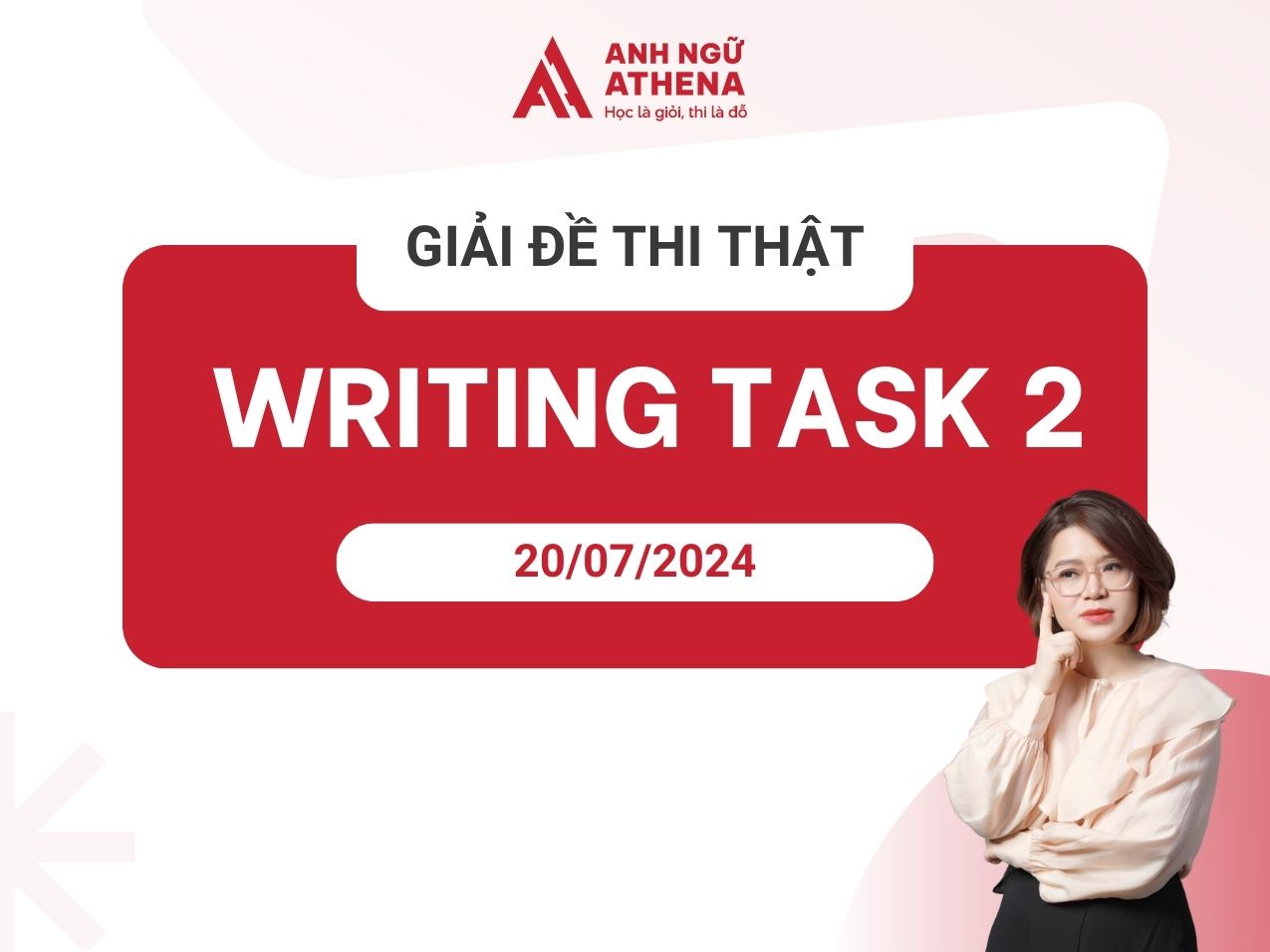
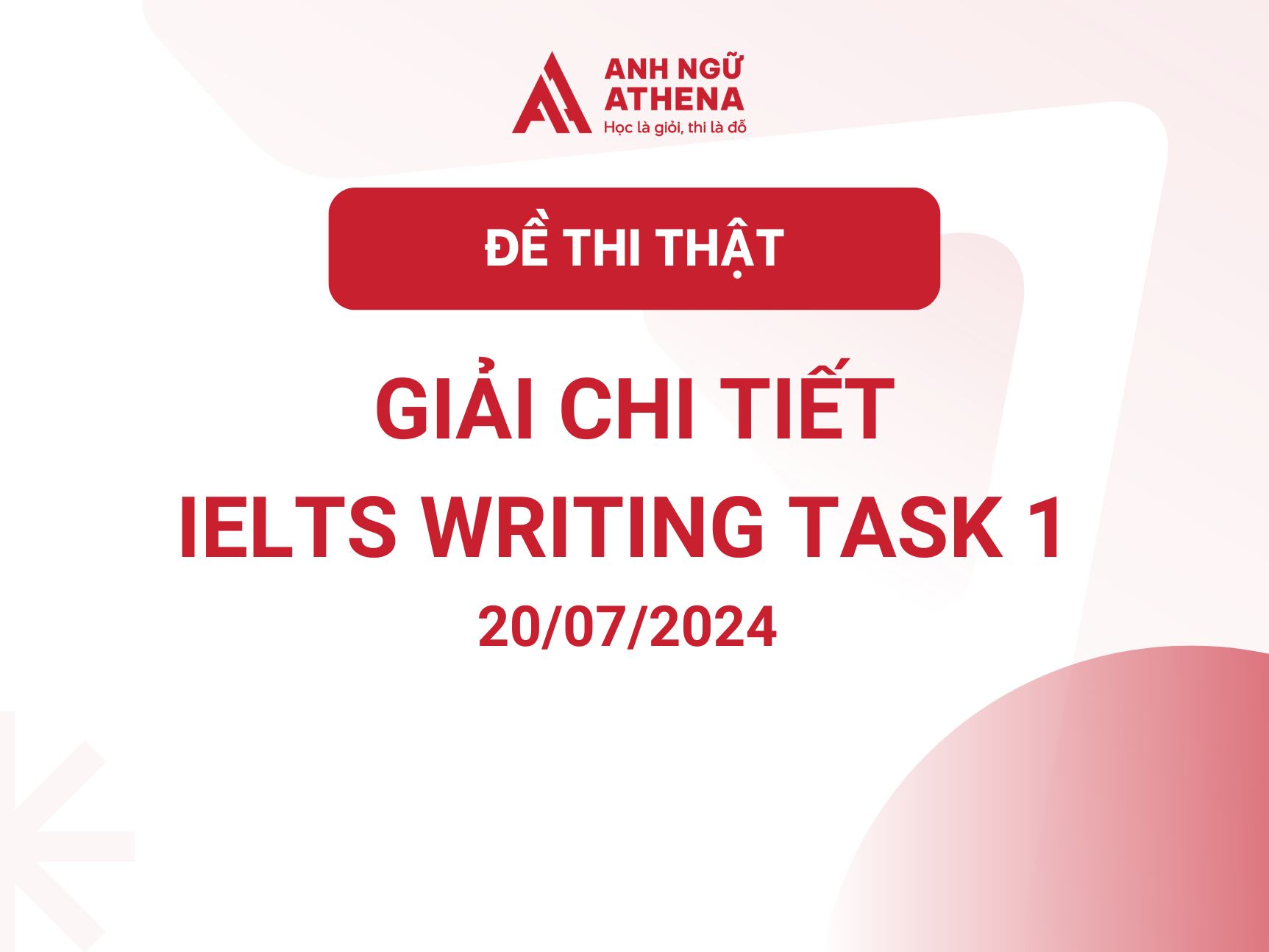
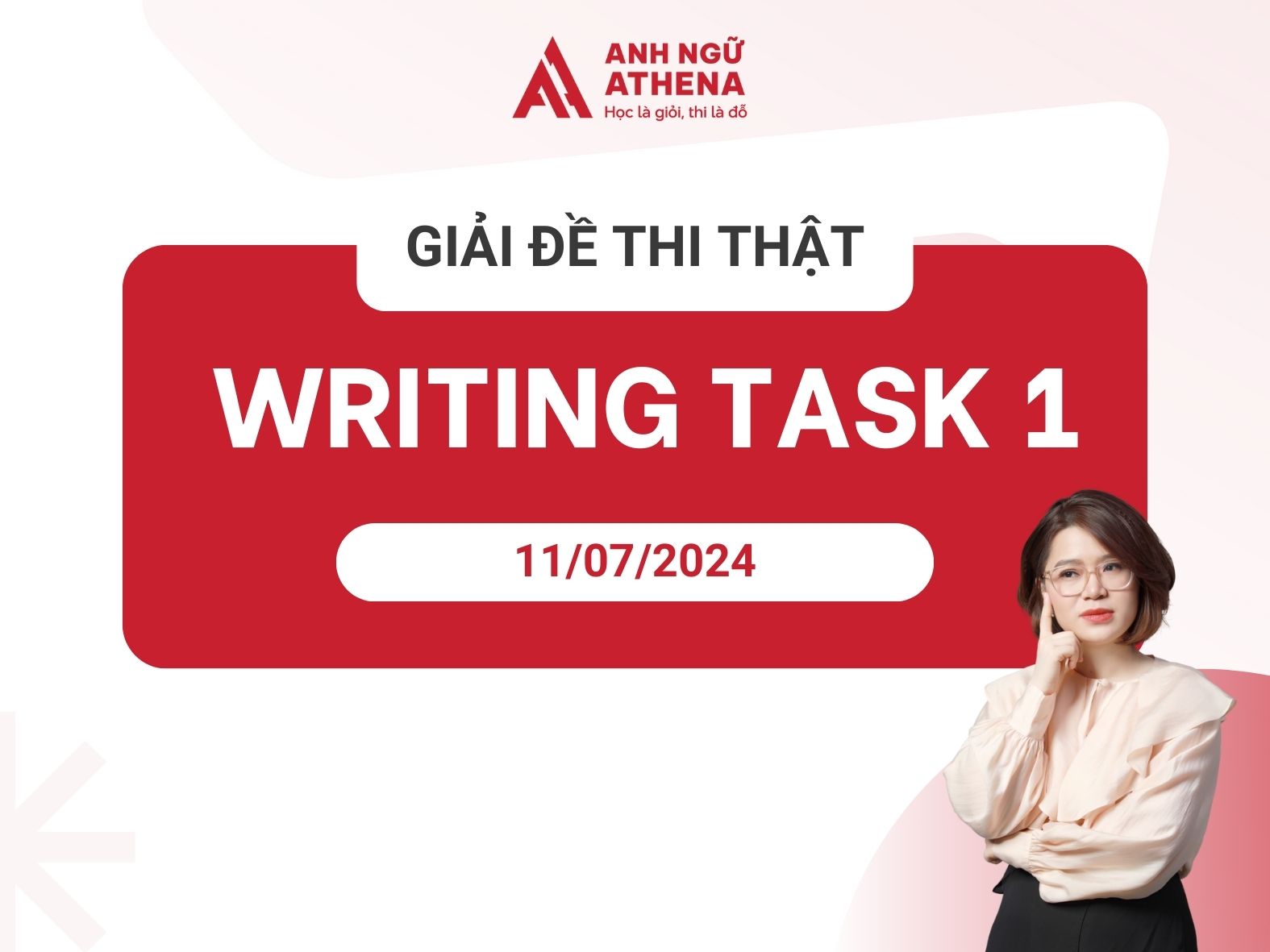




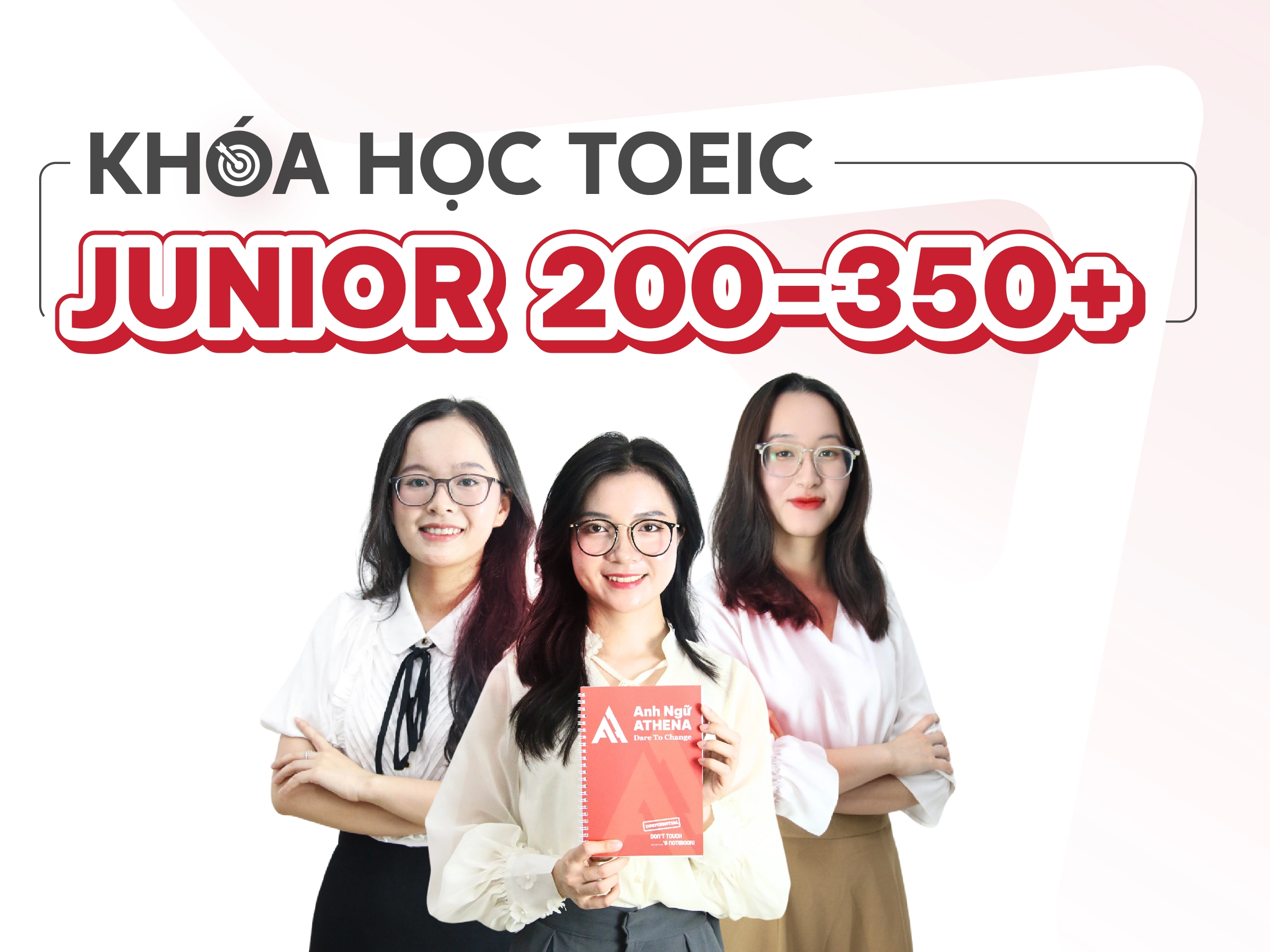
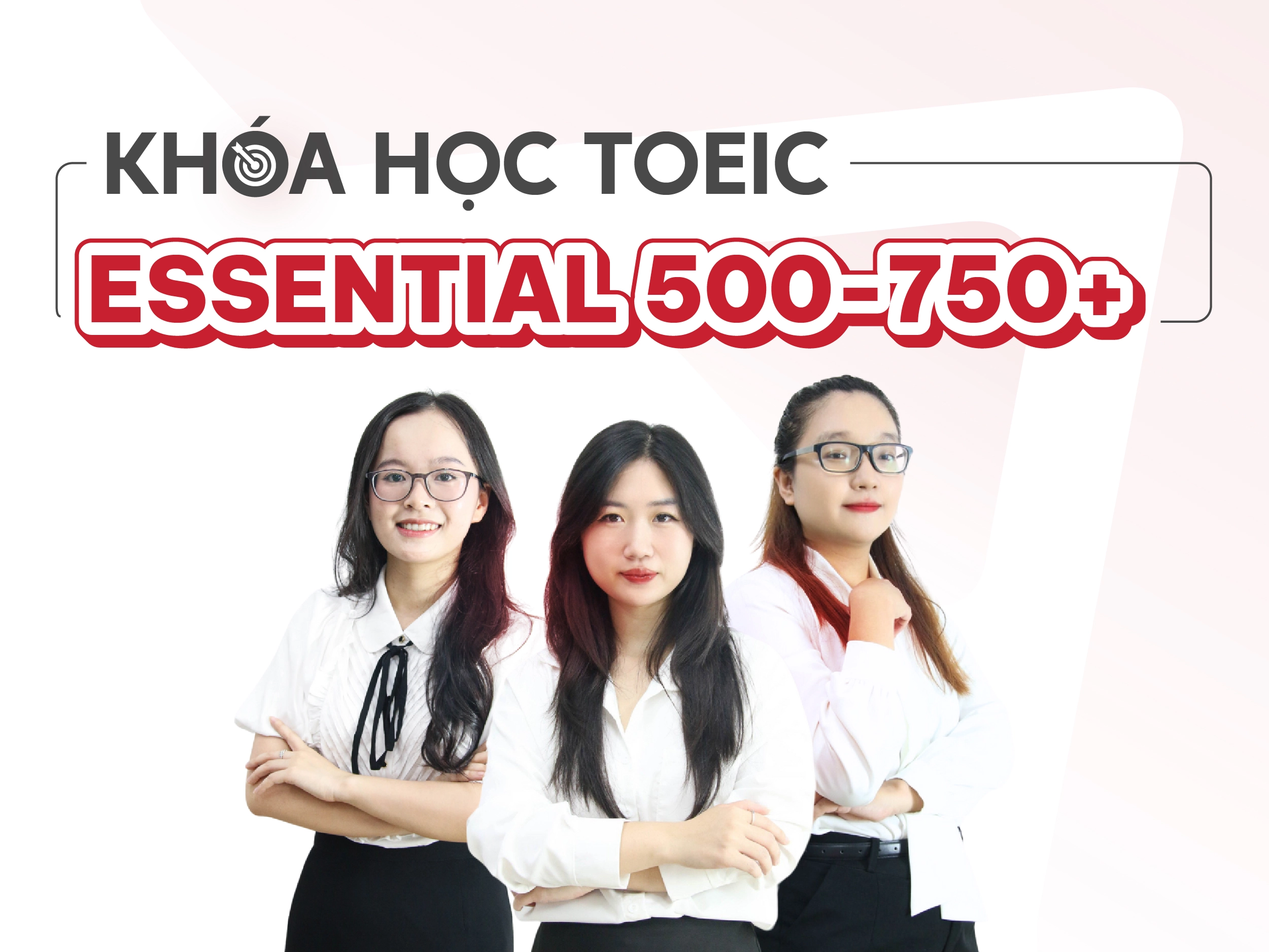
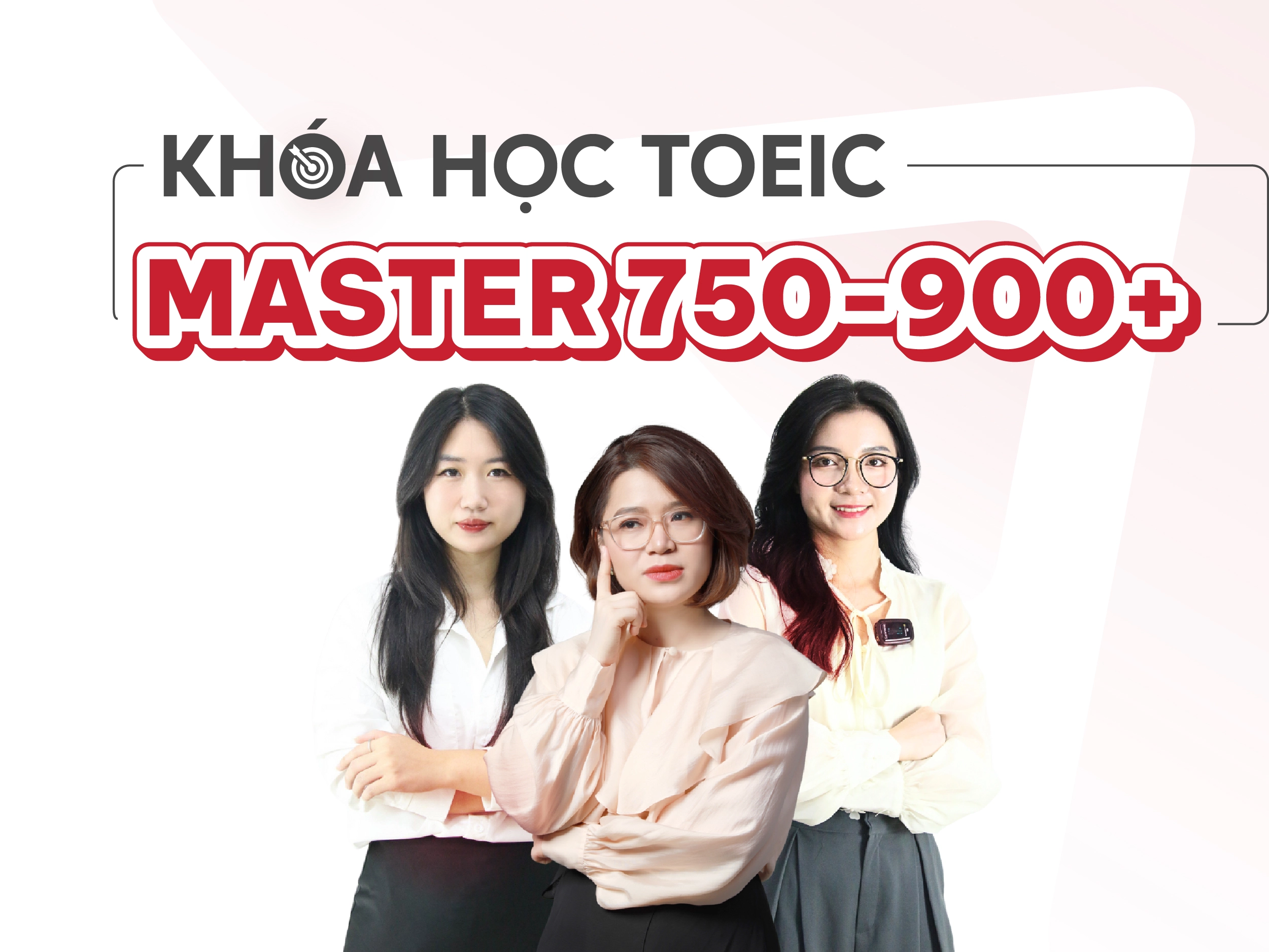
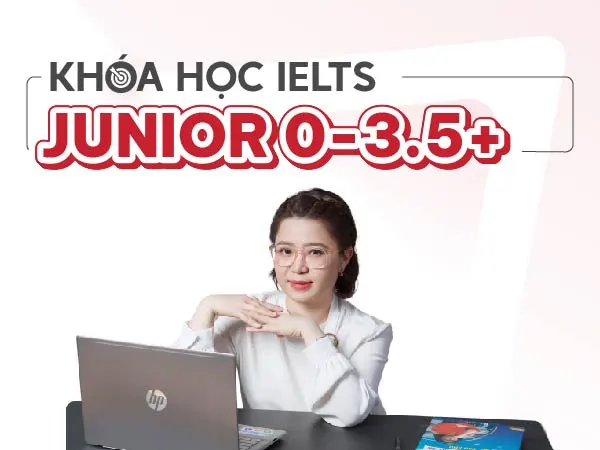
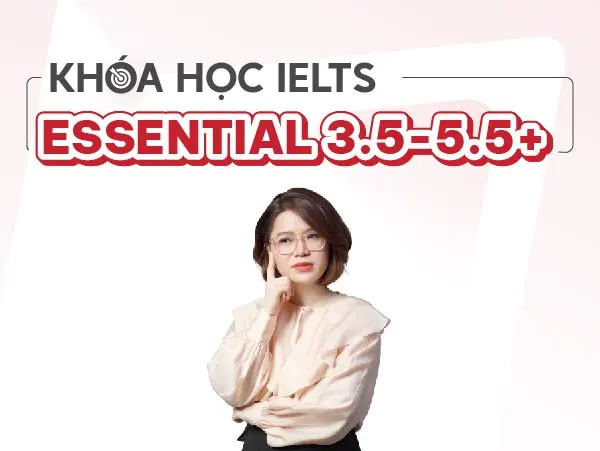
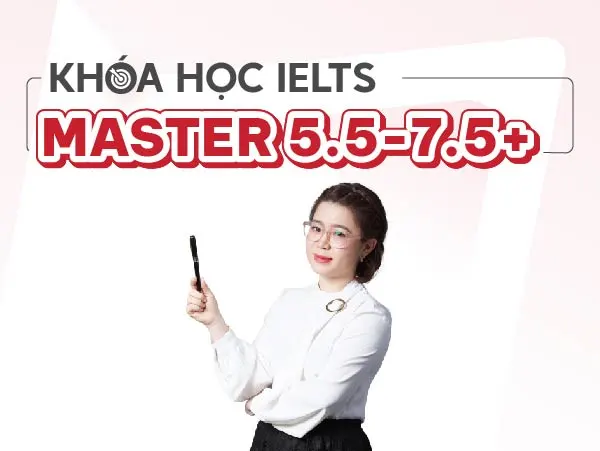
![[Cập nhật] Lịch thi TOEIC 2025 Quý 1 tại IIG Việt Nam](https://anhnguathena.vn/upload/ban-sao-cua-template-bai-viet-seo-6.png?v=1.0.0)
